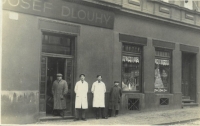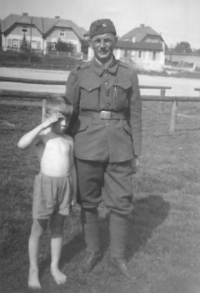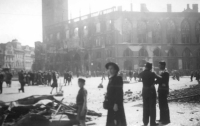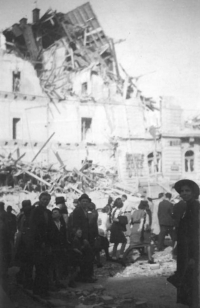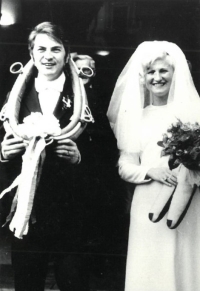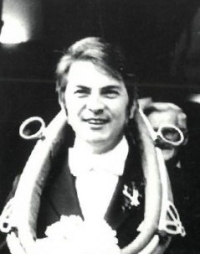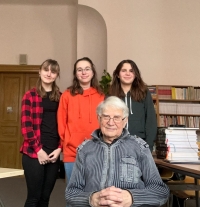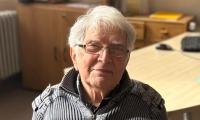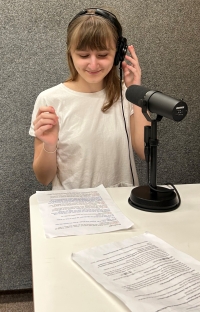I always got a letter saying that the applicant’s trip was not in line with the state’s interests

Download image
Václav Šašek was born on 2 November 1935 in Prague. His father ran a shop, some of his relatives emigrated and lived abroad. After the war, he was a member of a scout unit for three years. All this was reflected in his background report. Despite this, he was eventually able to graduate from an industrial school. In 1968 he travelled abroad for the first time, to visit his brother-in-law in Italy. There he also lived through 21st August. He subsequently applied for permission to travel several more times, but without success. Finally, he wrote a complaint to the Constitutional and Legal Committee of the National Assembly, after which he was summoned to State Security (StB) office in Bartolomějská Street. However, the interrogation had no serious consequences. In 1987 he was able to visit his brother in America. He made his living as an electrical engineer. He and his wife, whom he married in 1973, raised a daughter and a son. In 2023 he was living in Prague.
